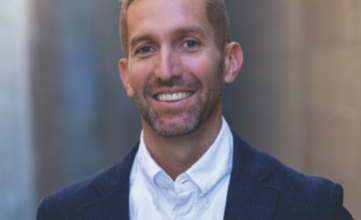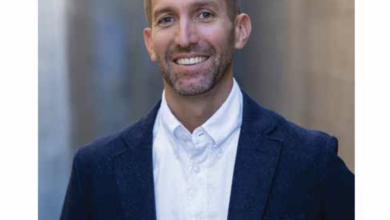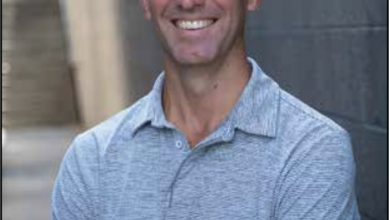Risky Business
There’s some irony that a large part of my job involves lending money since, personally, I’m largely debt-averse. Credit cards spook me. The few times I’ve had one, I’ve paid off my car loan much earlier than the maturity date.
I’ve read how Millennials are becoming increasingly debt-averse – and I understand. Debt brings risk. 5, 10, 30 years is a long time in a world where an event like the pandemic can turn everything upside down in a matter of weeks.
And banks feel the same way. The goal of every bank loan is to minimize the risk to the bank…using past performance as the guide. And we’ve all seen the investment disclaimer: “past performance cannot guarantee future performance.”
I spent some time in south central Idaho, working for a bank with a variety of beet and hay farmers as customers. Before banking farmers, I was unaware of how risky farming can be. There are far too many uncontrollable factors (weather, water, commodity markets, etc.) to give farmers peace of mind at any time of the year. And many farmers compound the risk by leveraging their land and equipment, given that the primary way to remain profitable is to grow.
I also spent time in Sacramento before and after the Great Recession. Even as land values fell precipitously, far too few real estate investors were willing to recognize just how far they would fall.
In a similar vein, it’s easy for bankers to become short-sighted. When times are good, we want our customers to access every dollar they can borrow to grow and prosper. When times are bad, we tend to be skittish and see doom and gloom around every corner. But markets are dynamic.
The art of banking is reading the signs. To look as far down the horizon as possible and account for all the risks and find solutions that benefit the customer and protect the bank.
To succeed at this art takes a clear mind. I recall a manager commenting during the Great Recession that “fear clouds judgment.” But, it seems to me, so does optimism. And oftentimes, we’re caught in one extreme or the other.
Being awash in data, banking is striving toward becoming a perfect science – and it’s a nice thought, but I imagine there will always be a place for art.



